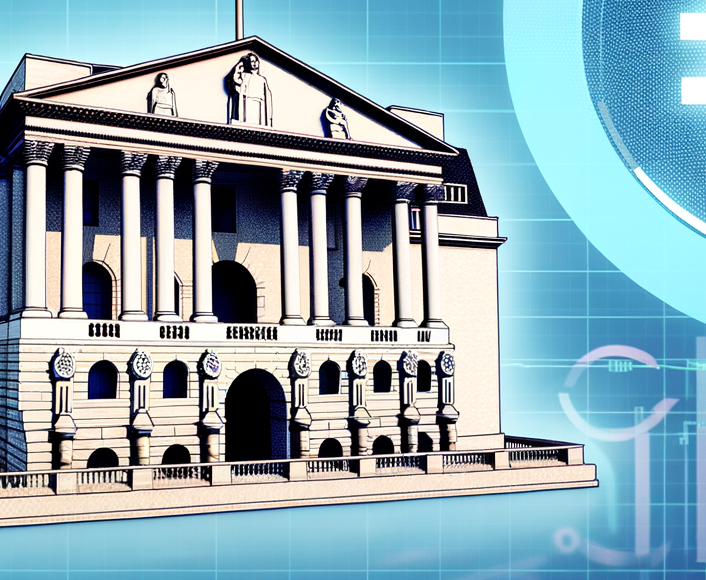The Bank of England is poised to make a significant announcement regarding interest rates, with expectations that there will be no change to the current rate. This decision comes after careful consideration of various economic indicators and their potential impact on the UK’s financial stability and growth.
The Bank of England
As the central bank of the United Kingdom, the Bank of England has a critical role in managing monetary policy, which includes setting interest rates. Interest rates are a vital tool used to control inflation, maintain price stability, and support economic growth. When the bank adjusts interest rates, it directly affects borrowing costs for businesses and consumers, influencing spending and investment decisions. The decision to leave interest rates unchanged is likely influenced by several factors.
One of the key considerations is the current state of the UK economy, which has shown resilience despite global uncertainties and challenges such as the ongoing effects of the COVID-19 pandemic, supply chain disruptions, and geopolitical tensions. The bank may believe that the economy is not yet in need of a stimulus that a rate cut would provide, nor does it require a cooling effect that a rate hike would bring.
Another factor in the decision-making process is inflation. The Bank of England has a target inflation rate of 2%, and any changes to interest rates are often made to keep inflation within this target range. If inflation is too low, it can indicate weak demand and economic stagnation, while high inflation can erode purchasing power and savings. With inflation currently hovering around the target rate, the bank may see no immediate need to adjust interest rates.
The labour market also plays a role in the decision. A strong job market with low unemployment can lead to wage growth, which in turn can fuel inflation. Conversely, a weak job market can lead to deflationary pressures. The Bank of England monitors these trends closely to ensure that its monetary policy decisions support a healthy balance between employment and inflation. Furthermore, the bank must also consider the international economic landscape, including the monetary policies of other central banks, exchange rates, and global trade dynamics.
Any changes to interest rates can have ripple effects beyond the UK, influencing foreign investment, the value of the pound, and the country’s trade balance. All these considerations are weighed carefully by the Monetary Policy Committee (MPC), which comprises the Governor of the Bank of England, the Deputy Governors for Monetary Policy, Financial Stability, and Markets and Banking, as well as external members with expertise in economics and monetary policy. The MPC meets regularly to assess economic conditions and make informed decisions on interest rates.
Table of Contents
The Bank of England is expected to cut interest rates this year, but not immediately The Bank of England is expected to keep interest rates on hold for the fourth meeting in a row next Thursday, but it may pave the way for a loosening of monetary policy later in the year by softening its guidance on future rate decisions. City analysts think the Bank’s monetary policy committee, the nine-strong group charged with setting the level of the base interest rate, will vote 8-1 in favour of leaving borrowing costs at a 15-year high of 5.25 per cent. Indeed, […]
Click here to visit source. www.thetimes.co.uk
